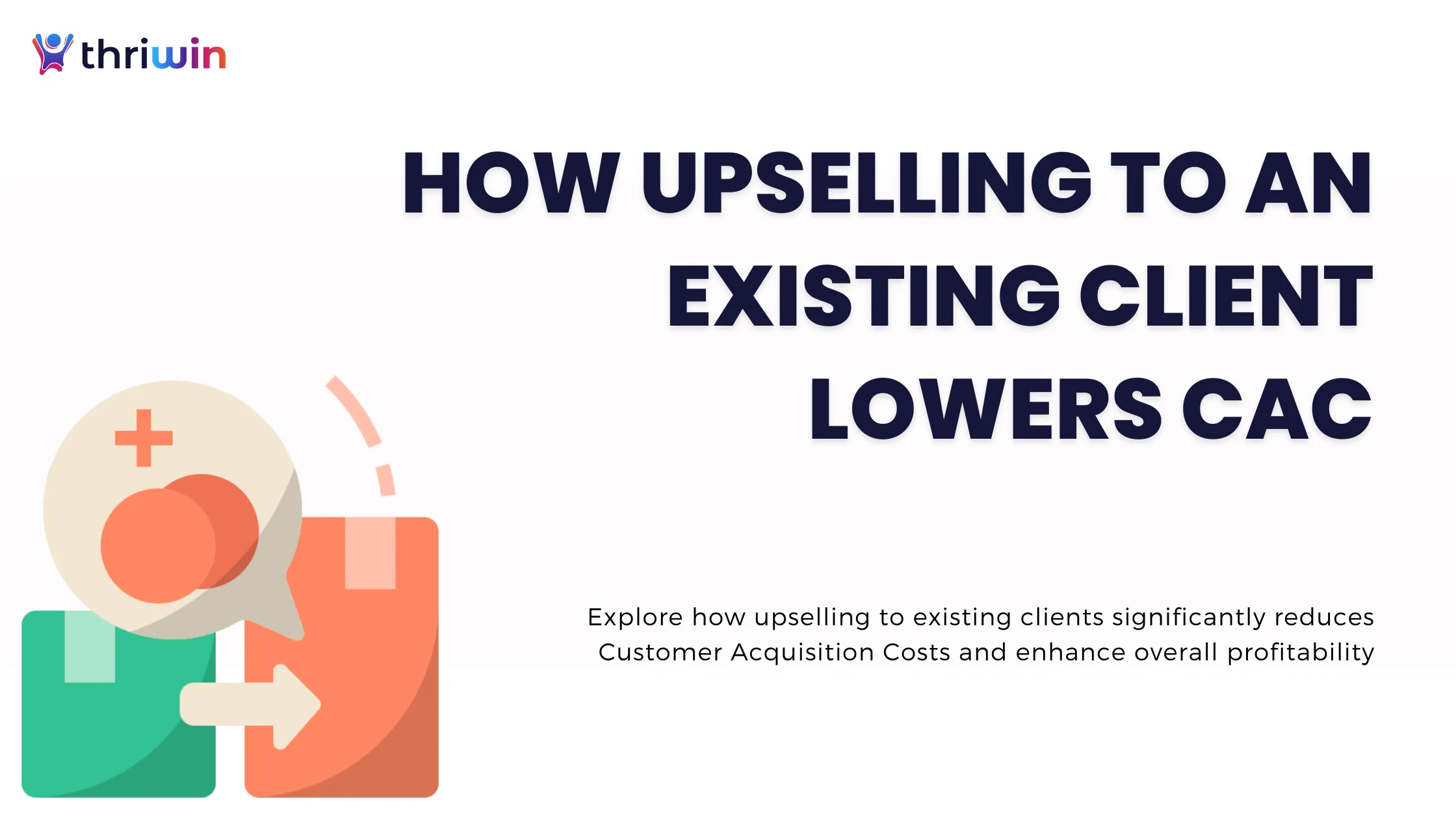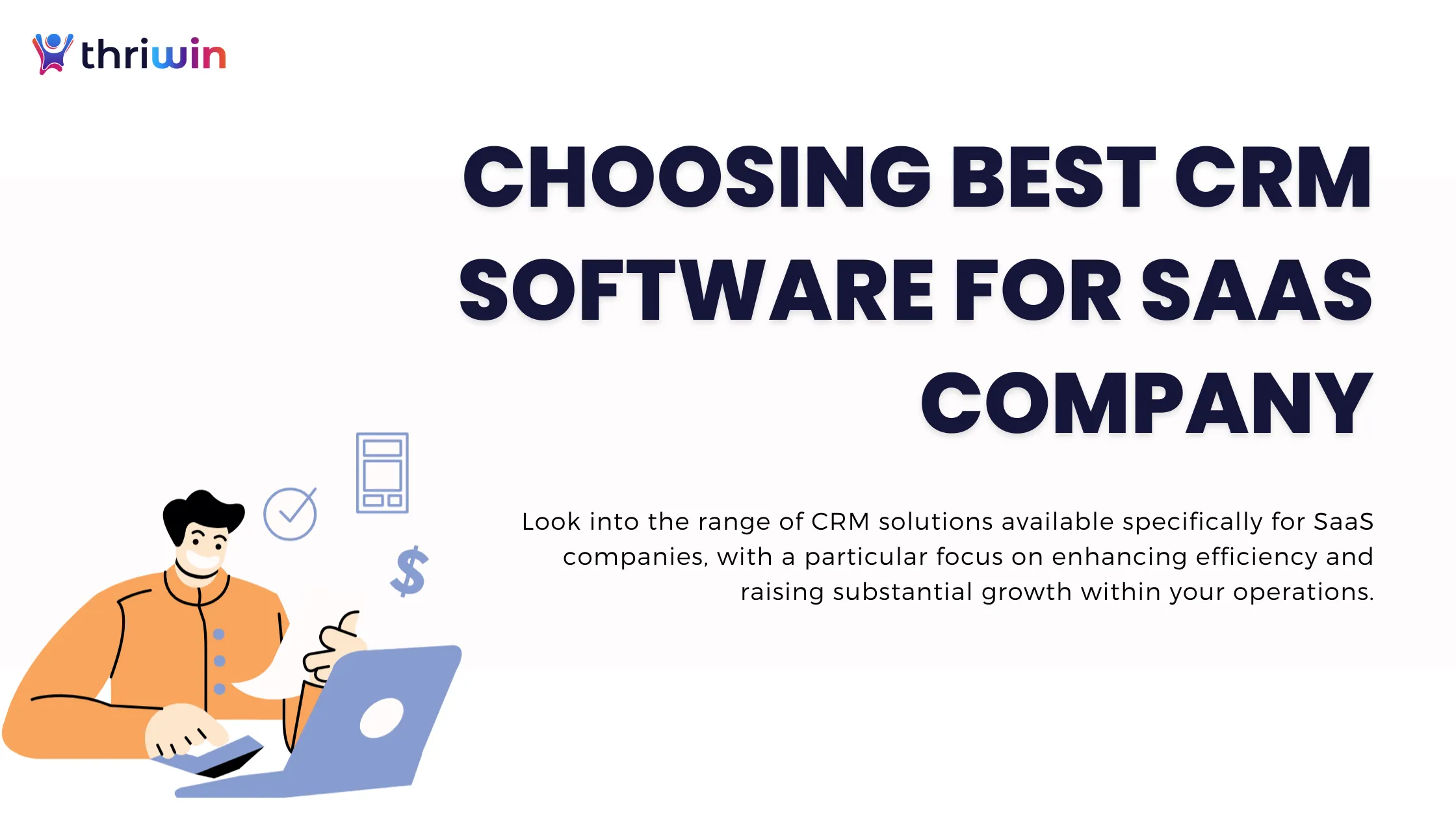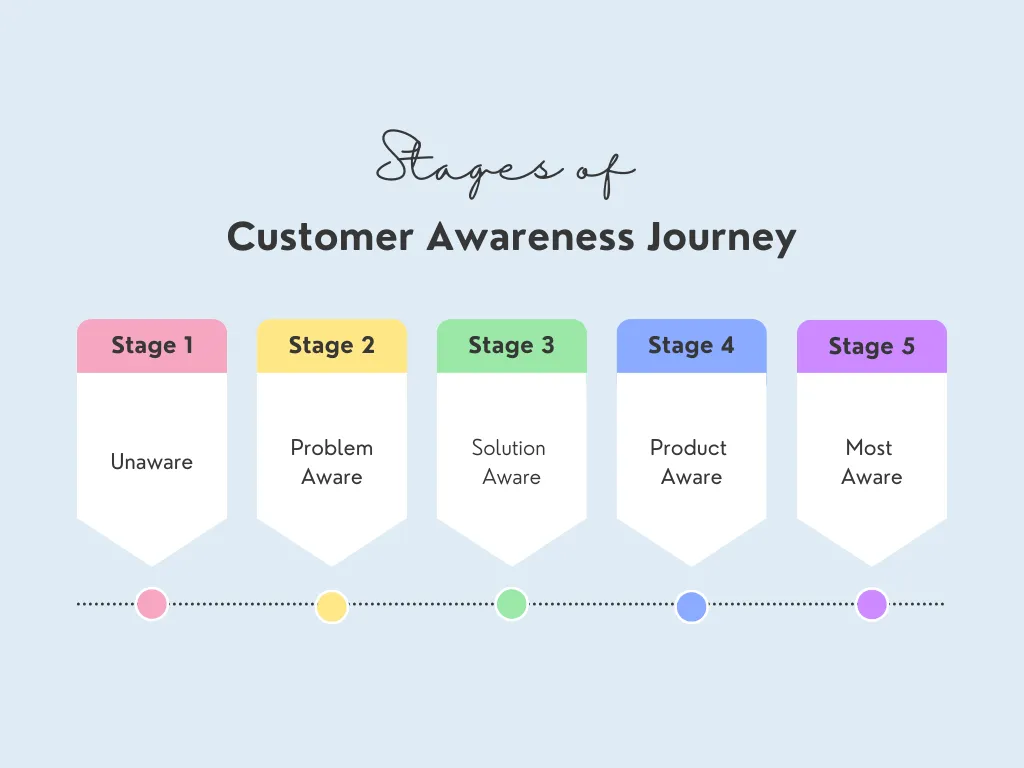Get an in-depth look at Excel's shortcomings in monitoring sales leads and learn about the difficulties and inefficiencies that companies encounter when using this outdated technology in a market that is changing quickly and has high standards.
The Illusion of Simplicity in Excel
Excel is a well-liked option for companies of all sizes, especially SMBs, because of its well-known, user-friendly design and simple setup process. However, this apparent simplicity masks significant limitations, particularly in the context of tracking complex sales leads. Excel's basic structure, primarily designed for simple data entry and calculations, struggles to cope with the dynamic and multifaceted nature of sales lead management. This gap becomes more pronounced as businesses grow and their data management needs become more complex, revealing Excel's inadequacies in handling sophisticated sales tracking requirements.
Prone to Human Error
Human mistakes can occur during the manual data-entering procedure in Excel. Inaccuracies in sales tracking and analysis might result from a single mistaken entry or unintentional deletion. Excel is a less dependable tool for keeping accurate sales data since it cannot automatically identify and fix these issues, in contrast to the AI-powered CRMs we have in today’s market.more sophisticated solutions. Being prone to errors may lead to incorrect business judgments and tactics since the data employed might not fully represent the real sales environment.
Lack of Real-Time Data
One of Excel's critical shortcomings is its inability to provide real-time data updates. In the fast-paced world of sales, information changes rapidly, and decisions need to be based on the most current data available. Excel's static nature means that the information it contains may quickly become outdated, leading to decisions that are not aligned with the current market conditions. This delay in data refresh can adversely affect customer relationships and the effectiveness of sales strategies, as opportunities may be missed and customer needs may not be promptly addressed.
Inefficient Collaboration
Excel's design is not optimized for collaborative work environments, especially where multiple team members need to access and update the same data simultaneously. This limitation becomes a significant hurdle in maintaining data consistency and effective collaboration. When multiple users edit an Excel file, version control issues arise, leading to confusion and potential data loss. This lack of real-time collaborative capabilities hinders the efficiency of sales teams, as they struggle to synchronize their efforts and maintain a unified approach to sales lead tracking and management.
Excel's Limitations in Sales Lead Management
Excel's capabilities as a data storage tool are well-known, but it falls short of providing the specialized functionalities essential for effective sales lead management. This limitation becomes increasingly apparent as businesses seek to streamline their sales processes and require more than just basic data storage. The structure of Excel, which was initially created for general data management, is inadequate for the complex and dynamic sector of sales lead management, where it is essential to be able to quickly adjust and react to changing sales scenarios.
Limited Lead Management Features
Excel's basic framework does not support advanced lead management features, which are vital in a sales environment. Functions like automated follow-ups lead scoring, and integration with marketing tools are absent in Excel. This lack of functionality can lead to missed opportunities and inefficient sales processes, as sales teams are unable to leverage automated systems to nurture leads effectively. The inability to score leads or integrate seamlessly with other marketing platforms further hampers the efficiency of sales strategies, making Excel an inadequate tool for modern lead management.
Inadequate Reporting and Analytics
Excel's capabilities are limited when it comes to complex data analysis and generating insightful reports. This restriction presents a serious problem for companies whose sales strategies are based on data-driven approaches. Excel's rudimentary tools for data analysis and reporting are not equipped to handle the sophisticated analysis required for extracting meaningful insights from sales data. As a result, businesses may find it difficult to make informed decisions, as they are unable to fully analyze trends, patterns, and performance metrics that are crucial for shaping effective sales strategies.
Security Concerns
Security is of the highest priority, and one major disadvantage of Excel is a weakness in this regard. Because Excel files lack strong data encryption and safe sharing mechanisms, they are vulnerable to security breaches. Due to this vulnerability, there is a chance that private customer information will be leaked or accessed without authorization. Excel is an unreliable tool for organizing and storing sensitive sales information since it lacks sophisticated security features, endangering the confidentiality and integrity of company data.
The Advantages of Specialized CRM Tools
Moving from Excel to a specialized CRM system marks a significant upgrade in how businesses track and manage sales leads. CRM systems are designed with the complexities of modern sales processes in mind, offering a suite of tools that go far beyond the basic functionalities of Excel.
Enhanced Data Accuracy and Accessibility
CRM systems stand out for their ability to provide real-time data updates and universal accessibility. This feature guarantees that, no matter where they are in the team, everyone has access to the most recent information. The real-time aspect of CRM systems eliminates the delays and inaccuracies inherent in manual data entry and updating processes found in Excel. This immediacy and accuracy in data handling empower sales teams to make timely and informed decisions, enhancing overall productivity and effectiveness.
Improved Lead Management and Analytics
CRMs are equipped with comprehensive lead management tools and advanced analytics capabilities, which are crucial for developing effective sales strategies. These systems allow for detailed tracking of each lead's journey, enabling sales teams to tailor their approach based on individual lead behavior and preferences. The advanced analytics provided by CRM systems offer deep insights into sales trends and customer behaviors, facilitating the formulation of data-driven strategies that are more likely to yield positive outcomes.
Superior Collaboration and Security
CRM systems are made to facilitate easy team collaboration, which promotes a more harmonious and productive workplace. CRM solutions enable numerous people to work on the same data at once without compromising data integrity, in contrast to Excel, which can be constrictive and prone to version control concerns. Additionally, CRM platforms offer enhanced security features to protect sensitive customer information. These security measures include advanced data encryption and secure access protocols, ensuring that customer data is safe from unauthorized access and breaches, a critical aspect in maintaining customer trust and business reputation.
Thriwin's Solution: Tailoring CRM to Your Business Needs with Thriwin
Thriwin specializes in a pay-per-use CRM model, ideal for small and medium businesses and startups in the US, offering a flexible, cost-effective alternative to Excel for sales lead tracking.
Pay-Per-Use Flexibility
Thriwin's CRM solution adapts to your business size and needs, ensuring you only pay for what you use.
Customized for Your Business
With Thriwin, you get a CRM system that aligns with your specific business processes and sales strategies.
Scalable and User-Friendly
Designed for growth, Thriwin's CRM is easy to use and scales with your business, making it a smart investment for future expansion.
Embracing Efficient Lead Tracking with Thriwin
Excel may offer initial simplicity, but its limitations in sales lead tracking are evident. Thriwin's pay-per-use CRM model emerges as a superior alternative, providing the necessary tools and flexibility for effective lead management, especially for growing businesses in the US. Embrace Thriwin's CRM for a more efficient, secure, and scalable sales tracking solution
%201.svg)








